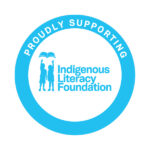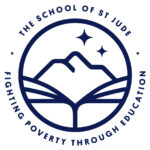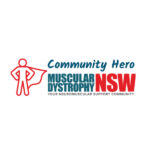
Influential Indigenous Australians who changed history
Posted on August 10, 2018 by Sarah Ryan
In the spirit of International Day of the World’s Indigenous Peoples, we wanted to highlight some of the most influential and inspiring Indigenous Australians who have had an extraordinary impact on not only their communities, but also Australia and the rest of the world.
Eddie Mabo
In 1974, while working as a grounds keeper at James Cook University, Eddie Mabo learned that what he thought of as his people’s traditional land was actually owned by the Government. This discovery lead him to challenge the land ownership laws in Australia.
It took ten years, but finally on 3 June 1992, the High Court of Australia ruled that the lands were not terra nullius and that the Meriam people were “entitled as against the whole world to possession, occupation, use and enjoyment of (most of) the lands of the Murray Islands”.
The High Court recognised the fact that Indigenous peoples had lived in Australia for thousands of years and enjoyed rights to their land according to their own laws and customs. Unfortunately, Mabo died of cancer just months before the ruling was made.
The new law of native title replaced the former concept of terra nullius. In recognition, the High Court changed the law in Australia to establish the Native Title Act 1993, paving way for claims by Aboriginal and Torres Strait Islander people to take back their traditional rights to their land.
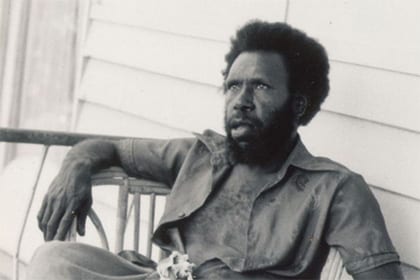
Joyce Clague
Joyce Clague is a Yaegl elder and one of Australia’s most influential female political activists who has spent her life trying to revolutionise the nation and create social change for Aboriginal and Torres Strait Islander people. With a strong passion for bettering indigenous welfare, Clague helped instigate the 1967 Constitutional Referendum and fought against the inequalities that run deep within Indigenous Australia as the convener of the 1969 Federation Council for Advancement of Aborigines.
Her tireless efforts to fight for what’s right did not go unacknowledged as she was appointed a representative of the World Churches Commission to Combat Racism.
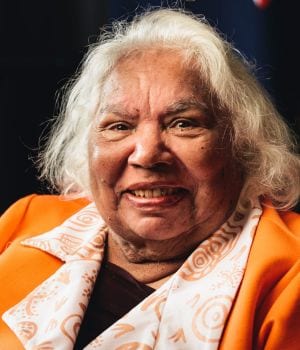
Evelyn Scott
Evelyn Scott was a social activist and educator who first made her mark working in the Townsville Aboriginal and Torres Strait Islander Advancement League in the 1960s. A strong advocate for social change, Evelyn campaigned in the 1967 Constitutional Referendum to include indigenous people in the national census and push the government to create laws for Indigenous Australians.
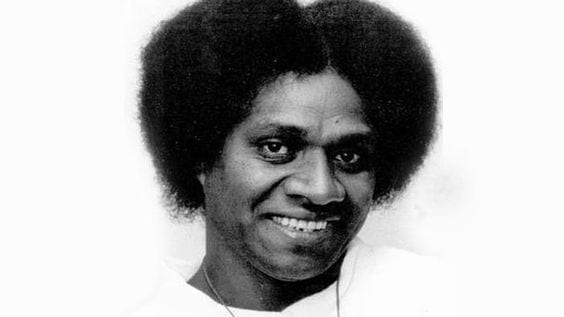
Albert Namatjira
Albert Namatjira was an award winning Arrente artist who grew up in the MacDonnell Ranges in Central Australia. While he was widely renowned for his vivid watercolours of dessert landscapes that were synonymous with the Australian Outback, he was also the first indigenous person to be granted Australian citizenship. Prior to this, Namatjira was, by law, a "ward of the state" and denied the normal rights of a citizen. He dedicated much of his life to raising awareness of indigenous inequalities and fought for all Aboriginal people to have citizenship rights.
"Namatjira wasn't just a key figure in our history, he changed our history." – Hetti Perkins
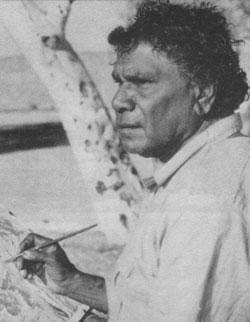
Make a difference in your community
Challenge yourself on an adventure of a lifetime and raise vital funds for a cause you're passionate about.
UN Women Australia – Bay of Fires Trek
Girl Guides Australia – Three Peaks NSW
Commando Welfare Trust – Kokoda Anzac Trek
Western Chances – Three Peaks VIC Trek
Trilogy Foundation – Mount Kosciuszko trek
Kids Under Cover – Three Peaks VIC Trek
Vision Australia – Mini Great Ocean Walk
Indigenous Literacy Foundation – Larapinta Trek
Legacy – Kokoda Trek
Choose your charity – Larapinta Trek
Cancer Council Victoria – Larapinta Trek
National Breast Cancer Foundation (NBCF) – Larapinta Trek
School of St Jude – Kilimanjaro trek
Forever Projects – Kilimanjaro Trek
DeadlyScience – Larapinta Trek
Yothu Yindi Foundation – Australian Outback Marathon
COMING SOON: Deadly Runners – Australian Outback Marathon
Muscular Dystrophy NSW – Larapinta Trek
Shelterbox US – Yosemite Basecamp Trek
Ovarian Cancer Australia – Larapinta Trek
Imbumba Foundation – Larapinta Trek
One and All – Sailing Adventure
Stroke Aotearoa New Zealand – Camino de Santiago Trek
VACCA – Scenic Rim & Yarriba Indigenous Experience
NORTH Foundation – Camino de Santiago Trek
Choose your charity – Camino de Santiago Trek
Motor Neurone Disease NZ – Abel Tasman Trek
Church World Service – Camino de Santiago Trek
CanToo – Kilimanjaro Trek
Girl Guides Australia – Vietnam Trek
The Men’s Table – Three Peaks NSW Trek
Want to change the world?
You can create your own adventure! Visit our adventure calendar to see all our upcoming challenges.








